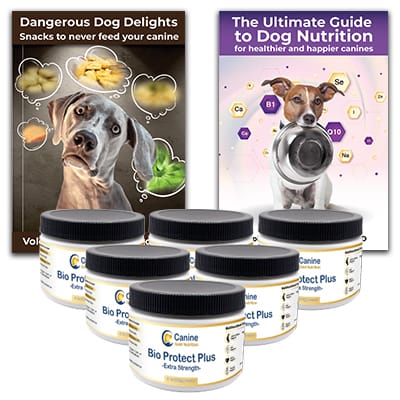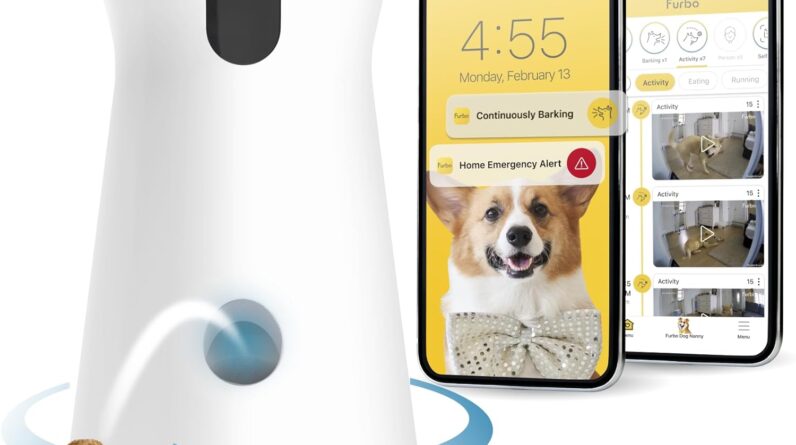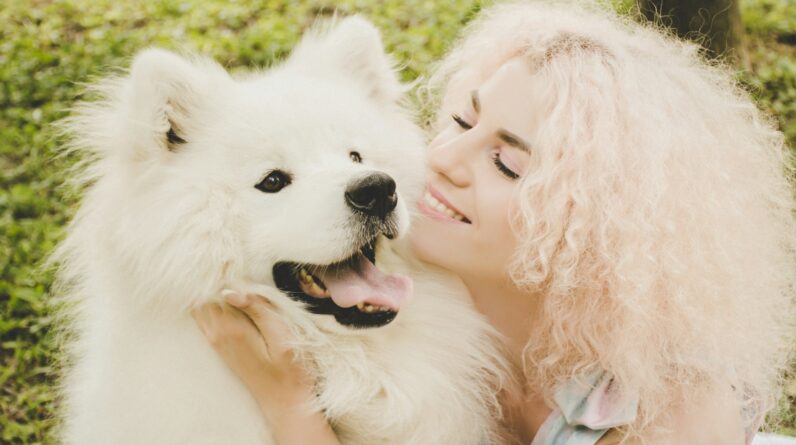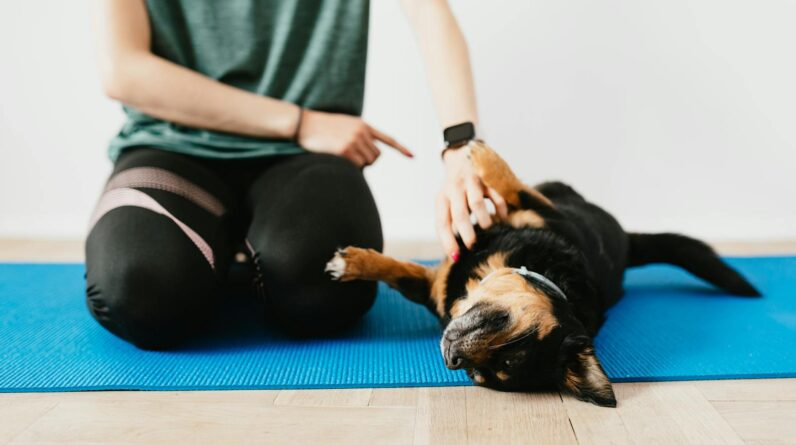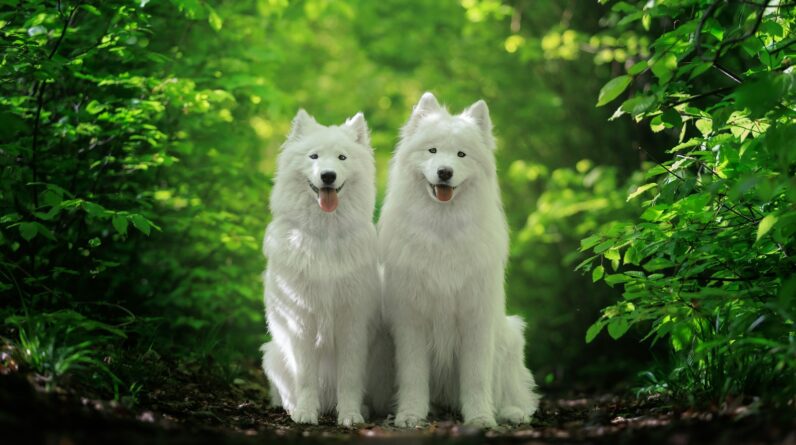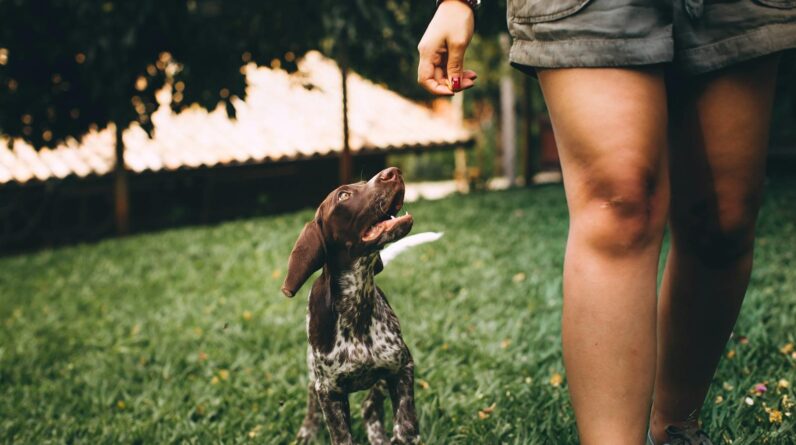
Why Dog Teeth Matter
Hey there, dog lovers! Did you know taking care of your dog’s teeth is just as important as playing fetch? Yup, those chompers help your furry friend eat, play, and stay healthy. Just like us, dogs can have toothaches and gum problems if we don’t keep their teeth clean. So, let’s dive into the nitty-gritty of doggy dental care.
Brushing Your Dog’s Teeth
First up, brushing. I know what you’re thinking – “Brush my dog’s teeth? Really?” But yes, it’s a thing. You’ll need a special dog toothbrush and some doggy toothpaste (never use your own, it’s not safe for them). Start slow, let your buddy sniff and lick the toothpaste, and gently brush in circles on their teeth. Try to do this a few times a week. It can be a fun bonding time once you both get used to it!
Chews and Toys That Clean
Next, toys and chews. There are tons of toys and treats out there that help keep your dog’s teeth clean. When they chew, it’s like they’re brushing their own teeth! Look for hard rubber toys, dental chews, and chew sticks. It’s like a game that helps them clean their teeth all by themselves. Pretty cool, right?
Food for Dental Health
Did you know some dog food is made just for teeth cleaning? It’s true! These foods have special bits that scrub your dog’s teeth while they eat. If you’re not sure which one to pick, ask your vet for a suggestion. They know lots of stuff about dog teeth.
Watch Out for Warning Signs
Let’s keep an eye on our dog’s mouth too. If your dog’s breath smells really bad, or if you see red gums, or broken teeth, it’s time to visit the vet. These signs can mean your dog has a dental problem. It’s super important to catch these things early, so our pups don’t get in pain or sick.
Cleanings at the Vet
Last but not least, sometimes your dog will need a professional cleaning at the vet. Just like we go to the dentist, dogs need a dentist too. The vet will make sure their teeth are super clean and check for any problems. It’s a bit like a spa day for your dog’s teeth!
Remember, by looking after your dog’s teeth, you’re helping them live a happier, healthier life. And that’s what being the best dog buddy is all about!
How often should I brush my dog’s teeth?
You should aim to brush your furry friend’s chompers several times a week, if not daily. Just like us, dogs need regular brushing to keep their gums healthy and prevent tartar buildup. Starting with a routine early helps your pup get used to it.
Don’t worry if you skip a day now and then. The key is consistency, and even brushing a few times a week can make a big difference in your dog’s dental health. Just grab that doggie toothbrush and get scrubbing when you can!
Can dogs use human toothpaste?
Definitely not! Fluoride and xylitol, common in human toothpaste, are no-nos for dogs. They can cause health issues if swallowed. Always use toothpaste specially formulated for dogs—it’s safe and often comes in flavors they can’t resist, like chicken or peanut butter.
It’s easy to forget, but stick with dog-specific products to keep your buddy’s tail wagging at tooth brushing time. Plus, they’ll probably love the taste way more than mint!
What are signs of dental problems in dogs?
Keep an eye out for bad breath, a surefire sign something’s up. Also, if your dog’s chowing down slower or chewing oddly, check their mouth. Red gums, plaque, loose teeth? Time for a vet visit.
Don’t ignore drooling or pawing at their face either. It’s not just slobber or an itch—dental issues often make themselves known this way. Spot these signs, and you’ll be helping your pup in no time.
What kind of chew toys are good for my dog’s teeth?
Chew toys rock for dental health! Rubber, nylon, or rawhide chewies can help scrape away plaque. Just make sure they’re tough enough to last but not so hard they damage your pooch’s teeth. Bigger dogs will need sturdier toys.
And hey, double-check with your vet on the best choice for your particular pal. What works for a tiny terrier might not cut it for a giant Great Dane!
Is dry food better for my dog’s dental health?
Some folks say kibble’s better for teeth because it’s crunchy and scrubs as they chew. But it’s not that straightforward. Sure, some dry foods are designed to clean teeth, but they’re not a catch-all solution.
Wet food can be just fine, especially if that’s what your pup prefers. Think about mixing in dental chews or toys to cover all bases. Variety’s the spice of life—even for doggie dental care!
Key Takeaways
- Regular brushing is crucial for your furry friend’s dental health – aim to brush their teeth daily to prevent plaque and tartar buildup.
- Proper doggy toothpaste is a must – never use human toothpaste as it can harm your dog.
- Diet matters – feeding your pup dry kibble and specific dental chews can help clean their teeth naturally.
- Chew toys aren’t just fun; they’re beneficial for dental care, helping to scrape off plaque as your dog gnaws on them.
- Keep an eye out for signs of dental issues, like bad breath, difficulty eating, or swollen gums, and visit the vet if you notice anything off.
- Professional cleanings by a vet are sometimes necessary, so don’t skip those regular check-ups and cleanings to maintain optimal dental health.
- Early dental care can prevent serious health problems in the future. Start dental routines early with your pup!
Final Thoughts
Ensuring your pup’s pearly whites stay healthy doesn’t have to be a chore. Remember, daily brushing makes a world of difference. Kick start their dental hygiene with the right toothbrush and dog-friendly toothpaste. It’s a bonding experience that keeps their gums in tip-top shape and their breath fresh.
Don’t skimp on dental check-ups at the vet. Those professionals spot things we can’t and provide crucial tartar control. Chew toys and dental treats aren’t just for fun; they’re a stealthy way to fight plaque. Rotate them to keep your dog excited and their teeth grinding away that gunk.
Invest in your dog’s dental care like you’d invest in their favorite treat. It’s about simple habits forming a solid routine. Their wagging tail and healthy smile will be your thanks. Plus, you’ll save tons in potential vet bills. Here’s to the happy chomping and cheerful woofs of a dog with a clean, healthy mouth!

